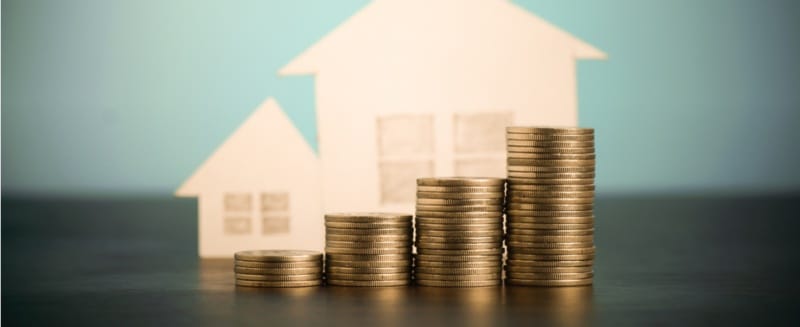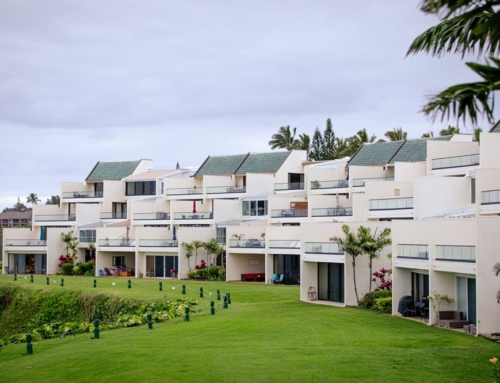When buying a vacation property in Florida for retirement, now may not be the best time to buy a home.
Q: We’re thinking of buying a property in Florida as a vacation home. Since we won’t be able to use it a lot until my wife retires in 3 years, would it be better to wait until then to buy? Or, should we strike now while values and rates are relatively low? If we buy now, are we better off paying in cash or obtaining a loan? We estimate it will cost us about $9,000 per year to own the home.
A: We’d love to say that you’re better off taking advantage today of low market values and buying the home for your retirement now. However, you must consider other factors when evaluating retirement options.
The first thing we’d like you to consider is how well you know the area and neighborhood and if you’ve thought about what it would be like to live there during your retirement. If you like that area, then you need to have a good understanding of what has been happening to real estate values there both historically and more recently.
Recently, some real estate neighborhoods in Florida (and in other parts of the country) have come up a little bit in value off of their lows. In some metro areas, it’s a block-by-block recovery, depending on where investors have purchased existing inventory and the number of homes on the market has shrunk. As you consider whether to buy now, you should also consider where values were 10 years ago, where values were at the low point of the housing crisis and what has happened since.
You then need to assess the type of people that own and live in your prospective neighborhood. If the neighborhood has been stable for a long time, you might be able to assume that it will continue to be a solid. If the neighborhood had quite a number of foreclosures and short sales, have those distressed properties sold? If the neighborhood is comprised of predominately-retired individuals, have those numbers remained stable during the housing crisis the last several years?
Here’s where we’re going with this: is the neighborhood made up of homes owned by investors or are these homes mostly owner occupied? Once you have a sense of where the real estate market stands, you can then decide whether you expect home prices to rise or remain stable over the next several years.
If you won’t live there for several years, you need to factor in the costs of owning that home into your purchase price. Given that you think it will cost you about $9,000 to own the home per year and you really won’t make use of the home for 3 years, you can view your purchase price of the home as whatever you pay for the home plus about $27,000, give or take. If you use the home some part of the year or rent it out, you might minimize some of that increased cost.
Therefore, the real question for you is if you buy the home now, will the value of the home increase by at least $9,000 each of the next 3 years? If you answer no, then you might be better off waiting to buy because even if the property value rises $20,000 in three years, you’ve done better by waiting.
But if you think values will increase by more than that per year, then you’d be better off buying now. The math calculation is simple, and admittedly there are other factors that should go into your evaluation.
On the other hand, interest rates are at all-time lows now. If interest rates rise even 1.5 to 2 percent, the cost differential will shift dramatically if you need a loan to buy the property. Some people might argue that real estate values will be hurt by rising interest rates. So, if you feel that you want to lock in today’s rates now but home values fall in your area as interest rates rise, you may find that it may not make much of a difference whether you buy now or later.
Lastly, if you buy now and need to finance the purchase, you will likely find that the interest rate you obtain for your purchase may be quite a bit higher for this second home than if it was your primary residence. You will need to talk to a lender and find out what mortgage products are available to you to see if the rates match your expectations. If you find that interest rates are much higher than you expected, that higher interest rate will only increase the cost of owning the home until you actually move into it and refinance into a lower interest rate loan – if interest rates are still at a low level then.
Here’s one more consideration: If you’re buying now, you’ll have at least some cash out of pocket. If you’re wondering how much cash to keep on hand, we’d warn you not to fall into the trap so many other seniors are in and be “house rich, cash poor.” Retirement can be expensive, as there are plenty of medical expenses that aren’t covered by Medicare and you’ll probably want to travel and do other things. If you were thinking about paying cash for the property, make sure you’ll have enough liquid cash left to allow you to be comfortable while you’re living there.







Leave A Comment